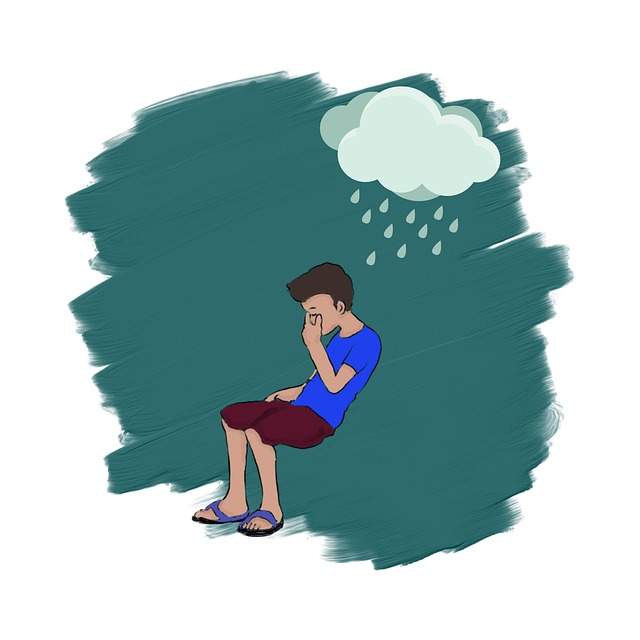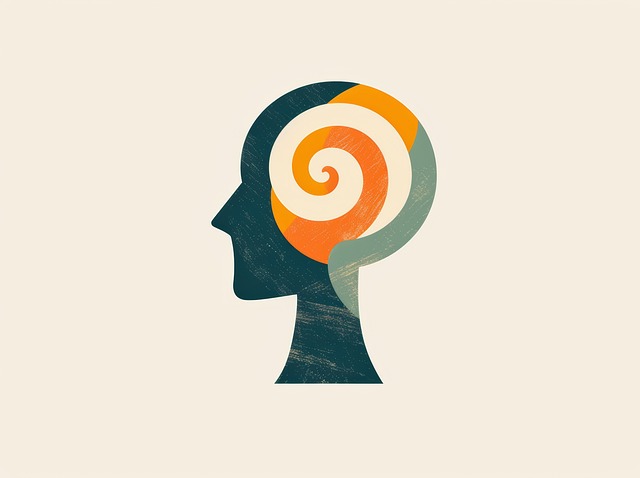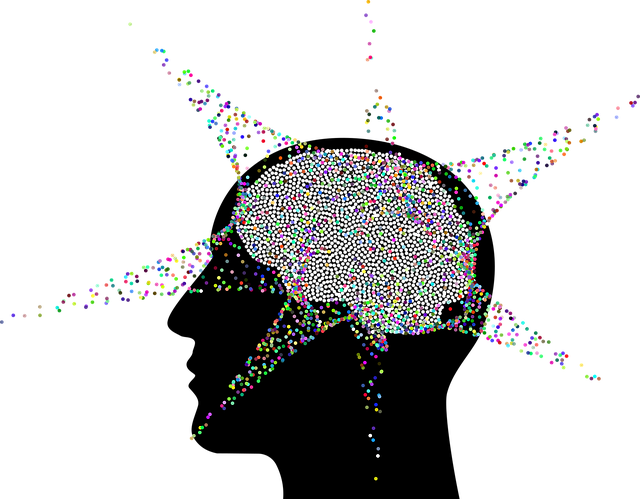Community outreach programs focused on Aurora Adjustment Disorder (AAD) therapy are crucial for improving mental healthcare accessibility for underserved populations. These initiatives aim to enhance community well-being, build resilience, and encourage early intervention for mental health issues. By targeting vulnerable communities in high-stress regions and partnering with local organizations, these programs combat burnout among healthcare providers and offer comprehensive holistic strategies. Interactive workshops, tailored communication, and inclusive cultural considerations empower individuals with AAD coping skills. Measuring success through multi-faceted evaluations and building long-term community relationships ensures sustained impact.
Community outreach programs play a pivotal role in extending mental health services, particularly for disorders like Aurora Adjustment Disorder. This article explores the comprehensive implementation of such programs, from defining their objectives to identifying target communities and designing engaging strategies. We delve into successful measurement techniques and highlight long-term impacts, emphasizing the significance of tailored therapies like Aurora Adjustment Disorder Therapy in enhancing community well-being.
- Understanding Community Outreach Programs: Definition and Objectives
- Identifying Target Communities for Aurora Adjustment Disorder Therapy
- Designing Effective Program Strategies and Activities
- Measuring Success and Sustaining Long-Term Impact
Understanding Community Outreach Programs: Definition and Objectives

Community outreach programs play a pivotal role in bridging the gap between healthcare services and underserved populations, making essential care more accessible. These initiatives are designed to extend professional support directly into communities, addressing unique mental health challenges faced by diverse groups. The primary objectives include improving community well-being, fostering resilience, and promoting early intervention for mental health issues, such as Aurora Adjustment Disorder Therapy.
By implementing these programs, healthcare providers can mitigate burnout, a significant concern within the profession, especially when managing high-stress caseloads. Strategies like community outreach not only enhance patient outcomes but also serve as effective stress reduction methods. Additionally, risk assessment tools are crucial in evaluating and mitigating potential mental health risks among both healthcare professionals and community members, ensuring a holistic approach to well-being that includes Burnout Prevention Strategies for Healthcare Providers and Stress Reduction Methods.
Identifying Target Communities for Aurora Adjustment Disorder Therapy

Identifying target communities for Aurora Adjustment Disorder Therapy is a strategic process that requires a nuanced understanding of regional needs and cultural contexts. Effective outreach begins with recognizing vulnerable populations often disproportionately affected by mental health challenges, such as low-income neighborhoods or communities facing high levels of social and economic stress. These areas may exhibit higher rates of Aurora Adjustment Disorder, exacerbated by factors like limited access to quality healthcare, high unemployment, or trauma stemming from community-level events.
Community partnerships are vital to pinpointing these at-risk groups. Collaborating with local organizations, schools, and faith-based institutions allows for a deeper understanding of the specific challenges faced by different segments of the population. Tailoring outreach efforts to address unique cultural needs and incorporating initiatives like Self-Care Routine Development for Better Mental Health, Mood Management, and Resilience Building can significantly enhance the effectiveness of Aurora Adjustment Disorder Therapy programs, fostering more inclusive and impactful support systems within these communities.
Designing Effective Program Strategies and Activities

Designing effective community outreach programs involves a strategic approach that caters to the unique needs of the population being served. For instance, in areas where Aurora Adjustment Disorder Therapy is required, programs should focus on creating safe spaces for open dialogue and education about mental health. This can be achieved through interactive workshops that teach coping skills development and provide a platform for individuals to share their experiences.
The activities planned should foster a sense of belonging and encourage participation. Communication strategies play a significant role here; ensuring that the program’s goals and activities are inclusive, accessible, and tailored to address any cultural or language barriers. By implementing these measures, outreach programs can effectively boost confidence among participants while offering them valuable tools for managing challenges related to mental health disorders like Aurora Adjustment Disorder.
Measuring Success and Sustaining Long-Term Impact

Measuring success and sustaining long-term impact are critical components of any community outreach program. Organizations implementing initiatives like Aurora Adjustment Disorder Therapy should adopt a multi-faceted approach to evaluation, incorporating both qualitative and quantitative data. By tracking key performance indicators (KPIs), such as participant attendance, engagement levels, and improvements in mental health metrics, the program can demonstrate its effectiveness. Qualitative assessments through feedback forms, interviews, and focus groups provide deeper insights into participants’ experiences, helping to refine and adapt services to better meet their needs.
To ensure sustained impact, organizations should focus on fostering long-term relationships within the community. This involves not only ongoing delivery of programs like Anxiety Relief, Social Skills Training, and Stress Management Workshops but also building a network of support that extends beyond the duration of these sessions. Engaging with local schools, community centers, and healthcare providers can help ensure that the lessons learned and skills acquired through outreach programs continue to resonate, creating a more resilient and supportive environment for all residents.
Community outreach programs, such as those offering Aurora Adjustment Disorder Therapy, are powerful tools for improving mental health and well-being. By understanding the needs of specific communities, designing tailored strategies, and measuring impact, these initiatives can achieve long-lasting positive changes. Implementing effective outreach ensures that resources reach those who need them most, fostering a healthier and more resilient society.














